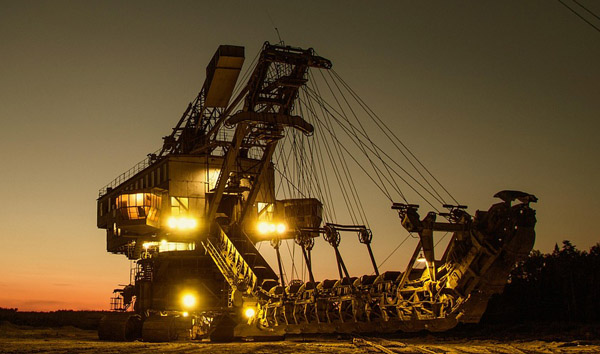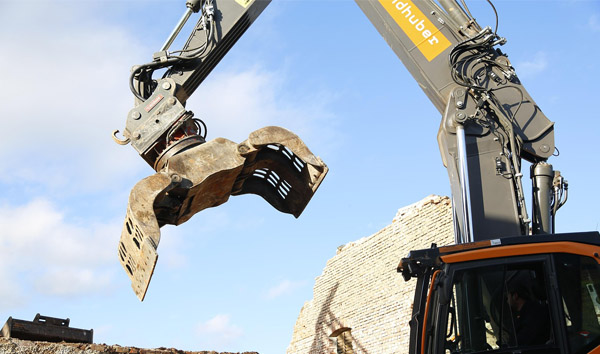The Future of Diesel-Powered Off-Road Telescopic Forklifts in Heavy-Duty Applications
2025-07-19 04:15:31
Diesel-powered off-road telescopic forklifts are revolutionizing heavy-duty material handling with their unmatched power and adaptability. Unlike conventional forklifts, these machines combine the ruggedness of off-road capabilities with the extended reach of telescopic booms, making them ideal for challenging terrains. According to industry data, the global market for diesel-powered off-road telescopic forklifts is projected to grow at a CAGR of 5.8% from 2023 to 2030, driven by increasing infrastructure projects and agricultural mechanization.
One of the key advantages of diesel-powered off-road telescopic forklifts is their superior torque and fuel efficiency. Diesel engines provide the necessary power to navigate uneven surfaces while lifting heavy loads at extended heights. Recent advancements in engine technology, such as turbocharging and emission control systems, have significantly reduced their environmental impact. For instance, Tier 4 Final-compliant diesel engines now emit up to 90% fewer particulates compared to older models, aligning with stringent environmental regulations.
The telescopic functionality of these forklifts enhances their versatility, allowing operators to handle materials at varying heights and distances without repositioning the machine. This feature is particularly beneficial in construction sites where space constraints and uneven ground conditions are common. Industry reports indicate that diesel-powered off-road telescopic forklifts can lift loads up to 6,000 kg to heights exceeding 12 meters, making them indispensable for tasks like steel erection and palletized material transport.
Market trends reveal a growing preference for diesel-powered off-road telescopic forklifts in emerging economies, where infrastructure development is accelerating. Countries like India and Brazil are witnessing a surge in demand due to large-scale road construction and warehouse expansion projects. Additionally, the integration of telematics and IoT-enabled diagnostics in these machines is improving fleet management, reducing downtime, and optimizing fuel consumption.
Despite their advantages, diesel-powered off-road telescopic forklifts face competition from electric alternatives. However, their ability to operate in remote locations with limited charging infrastructure ensures their continued dominance in heavy-duty applications. Industry experts predict that hybrid models, combining diesel and electric power, will further bridge the gap between performance and sustainability. As technology evolves, these machines will remain a cornerstone of off-road material handling.














